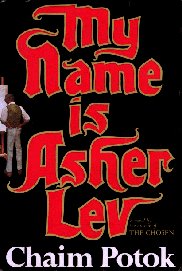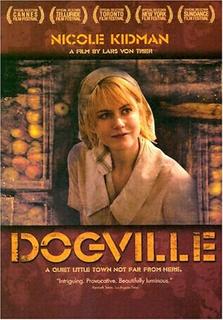
Book Review by Zinta Aistars
# Hardcover: 369 pages
# Publisher: Knopf; 1972
# Language: English
# ISBN: 0394461371
Every one of us has something holding us back to our past, to our roots. Whatever that might be (family; traditions, some of which have perhaps lost relevence; religious constraints; the pacing of our daily lives; unsupportive mates and colleagues; or a myriad of other possible constraints), it is for each of us a life struggle to free ourselves of whatever keeps us from fully developing our authentic selves.
This is the story told in "My Name is Asher Lev." A Hasidic Jewish boy is born into a family that puts a great strain on his artistic talent, not the least of which is the doting love of his parents. It is with love that they try again and again to deny their son's great gift, believing they are doing what is best for him, but the power of that gift is greater than any man to deny it expression.
Young Asher is a prodigy. Art is his lifeblood, and his gift develops early and with breathtaking leaps and bounds into his young adulthood. He follows his instinct and his bliss, and as he develops his gift, his family, his father especially, draw further and further away from him. Asher has broken with tradition. He has gone beyond religious beliefs in his family if not with outright courage than at least with respect for what so shines within him. He redefines his own boundaries, even when they must go against those drawn by his parents and religious authority figures.
Is this a sin?
The reader may decide for him or herself, but for Asher, art is what he holds most divine, and it is hard to believe a supreme and loving being would deny the gift He, after all, has bestowed. We feel the agony of his mother, pulled between her husband and her son. Asher is not unaware. His greatest painting eventually is of his mother being so pulled apart - as if on a crucifix, an image that horrifies his father. His father is a good man, working hard for others in need and under religious persecution, and so it is nearly impossible for him to understand why his son would choose to pursue art forms that appear, on the surface, to disrespect what he holds in such high esteem. Each, after all, is following their own heart and remaining true to their individual values. It makes for fascinating conflict.
Author Chaim Potok writes with his own evident gift. His passion becomes the passion of his characters. Perhaps the main message the author has meant to convey is that we are all to be true to who and what we are, and in so doing, we have done right. We have followed the path that is ours to walk. His story uplifts without making light of the struggles involved.
Highly recommended.


